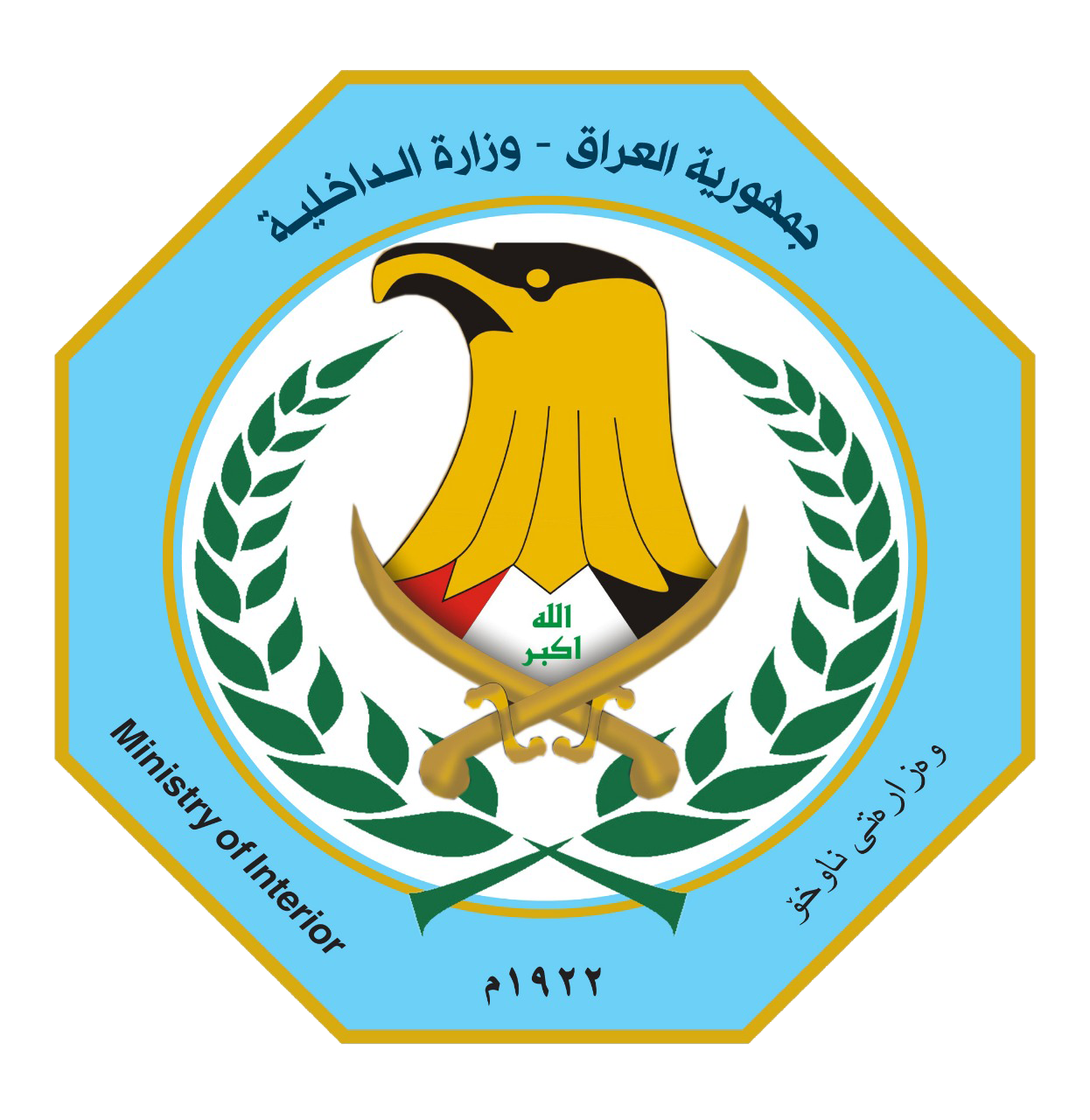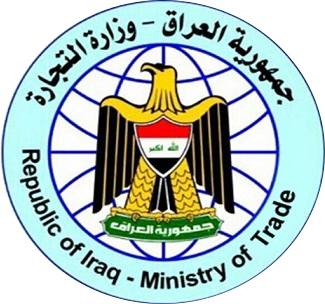VISITOR
The Capital
Baghdad is the capital of Iraq. Located along the Tigris River, the city was founded in the 8th century and became the capital of the Abbasid Caliphate. Within a short time of its inception, Baghdad evolved into a significant cultural, commercial, and intellectual center for the Islamic world. This, in addition to housing several key academic institutions (e.g., House of Wisdom), as well as hosting multiethnic and multireligious environment, garnered the city a worldwide reputation as the “Centre of Learning”.
Baghdad was the largest city of the Middle Ages for much of the Abbasid era, peaking at a population of more than a million. The city was largely destroyed at the hands of the Mongol Empire in 1258, resulting in a decline that would linger through many centuries due to frequent plagues and multiple successive empires. With the recognition of Iraq as an independent state (formerly the British Mandate of Mesopotamia) in 1938, Baghdad gradually regained some of its former prominence as a significant center of Arab culture. With a population variously estimated at over 6 or over 7 million Baghdad is the largest city in Iraq.
In contemporary times, the city has often faced severe infrastructural damage, most recently due to the 2003 invasion of Iraq, and the subsequent Iraq War that lasted until December 2011. In recent years, the city has been frequently subjected to insurgency attacks. The war had resulted in a substantial loss of cultural heritage and historical artifacts as well. As of 2018, Baghdad was listed as one of the least hospitable places in the world to live, ranked by Mercer as the worst of 231 major cities as measured by quality-of-life.
Book A Stand
The United Company for International Exhibition and Conferences, the organizer of the International Exhibition Conference of Anti Terrorism, Special Operations and Cyber Security.
Iraqi Government Official
Sponsors
Sponsors
Official Supporters
CONTACT
Get in
Touch
-
PHONE FOR ARABIC
-
PHONE FOR ENGLISH
-
EMAIL
-
ADDRESSIRAQ, BAGHDAD, BAGHDAD INTERNATIONAL FAIR

.png)
















